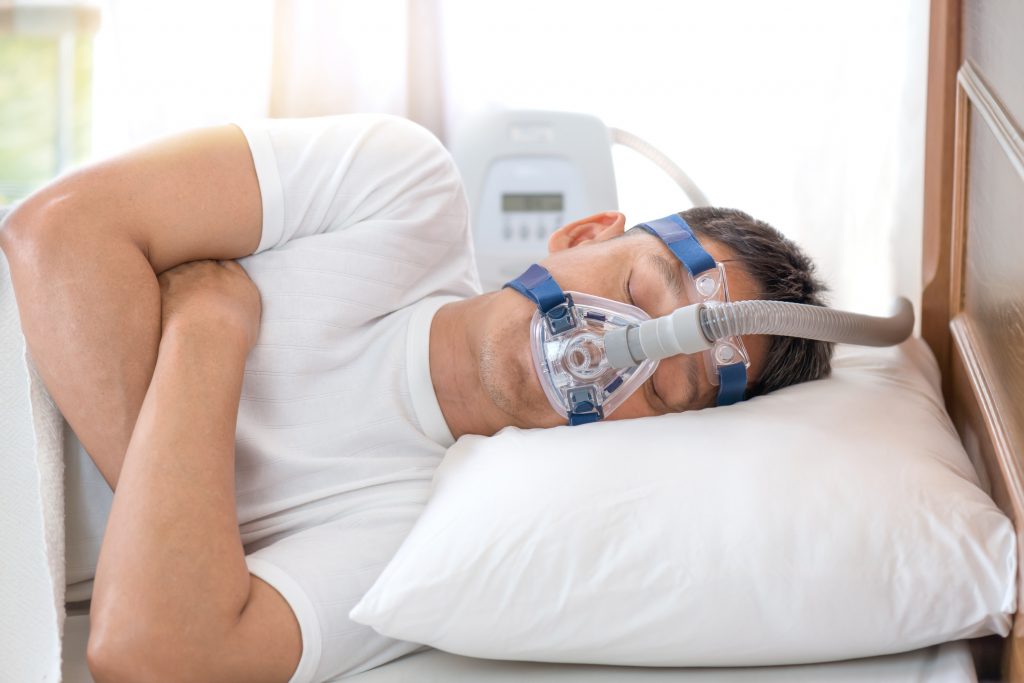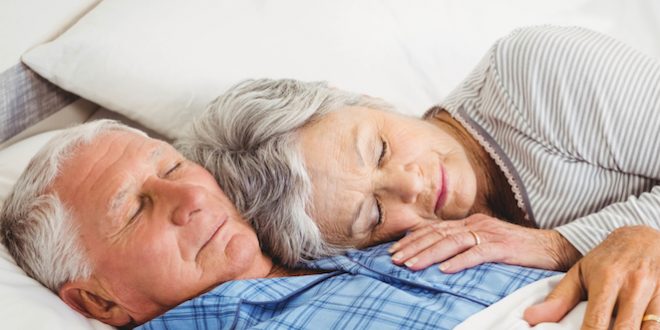Diabetes and sleep are very closely linked: having diabetes can result in sleep disruption, and not sleeping well is actually a risk factor for diabetes.
Two of the more common sleep ailments among people with diabetes are insomnia and sleep apnea. This article discusses the possible causes and consequences of both.
Insomnia
Insomnia is the inability to fall asleep, or stay asleep throughout the night. There are a couple of reasons why people with diabetes may experience insomnia:
- Hyperglycemia: high blood sugars can cause thirst, frequent urination, headaches and hunger. All of these things can cause you to wake up frequently in the night, thus disrupting your sleep. Learn more about managing high blood sugars here.
- Hypoglycemia: low blood sugars can cause hunger, headache and night sweats. These symptoms can also cause you to wake up frequently in the night, reducing your hours of sound sleep. Learn more about managing hypoglycemia here.
- Pain from neuropathy: nerve damage in the legs and feet (also known as “peripheral neuropathy”) can cause tingling, numbness, burning and pain, which can make falling asleep and staying asleep more difficult. Learn more about diabetic neuropathy here.
If you are experiencing frequent episodes of insomnia, talk to your healthcare team. They can help you figure out what may be causing it, and how best to manage it.
Sleep apnea and diabetes
Sleep apnea is a common sleep disorder in people with type 2 diabetes, which happens when the upper airway or throat region narrows. This narrowing causes oxygen levels to decrease, and eventually the brain triggers a response to wake the person up – at least enough to take a full breath and reopen the airway. That’s why people with sleep apnea stop and start breathing repeatedly during the night. Most people who suffer from sleep apnea are overweight, which is also a risk factor for type 2 diabetes.
Signs of sleep apnea include drowsiness during the day, and night-time snoring. Long-term complications of the condition include poor blood sugar control and an increased risk of heart disease (including high blood pressure, stroke and heart failure).
If you are experiencing frequent episodes of sleep apnea, talk to your healthcare team. They can help you determine what may be causing it, and how best to manage it.

 Diabetes Care Community Learn, connect and care
Diabetes Care Community Learn, connect and care





